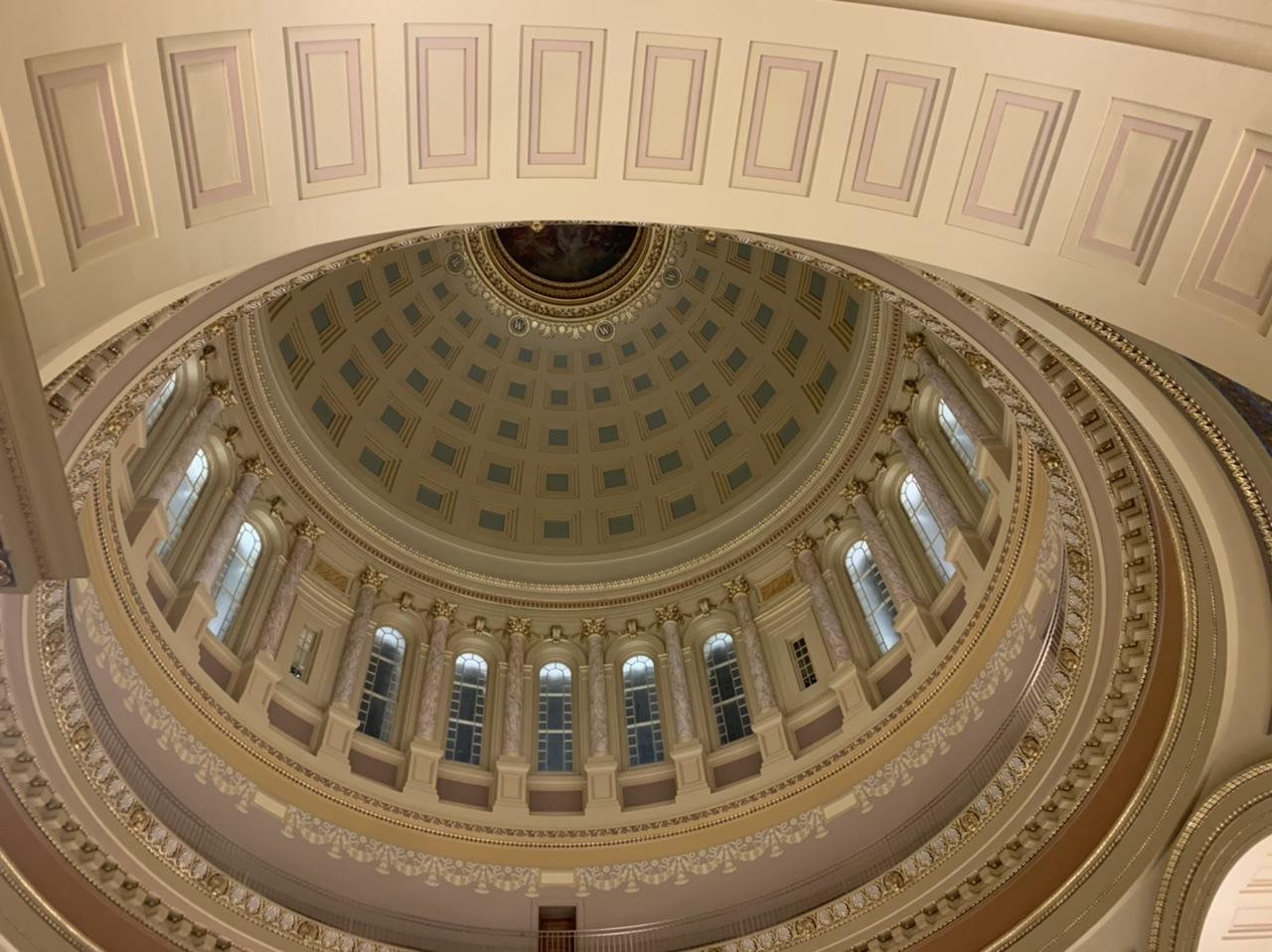In the State of the Tribes address, the president of the Stockbridge-Munsee Band of Mohican Indians spoke to the Wisconsin Legislature on how they could better honor Native American culture, preserve the environment and protect democracy.
Wisconsin can do this by teaching more Native American history in school and by working with Native Americans to preserve the environment and protect democracy, Stockbridge-Munsee President Shannon Holsey said.
“[The state of the tribes address] is an opportunity to examine the current state of our union, and how we can collectively forge a better nation by examining the self and moving forward through triumphs, tragedies of the violence and the inequities involved in continuous evolution of forging a better union, educational foundation, environment and healthy state of mind,” Holsey said in a Wisconsin Examiner article.
Native tribes have contributed so much to the state of Wisconsin, Holsey said. They have served in the military in a large capacity and responded to the pandemic by caring for each member of their community, Holsey said.
The United States denied voting rights to Native Americans until 1924. The recent bills Wisconsin Republicans have proposed that make voting harder is a continuation of this legacy, Holsey said.
“Legislation suppressing the right to vote purports to be neutral,” Holsey said in the Wisconsin Examiner article. “However, in many instances it undermines the basic right to participate in our democracy. The loss of the right to vote is the loss of the voice in the democratic process.”
Wisconsin must also teach curriculums that show the true history of the relationship between Native Americans and the U.S, Holsey said.
Proposed bills banning the teaching of Critical Race Theory could prohibit teachers from teaching this difficult history, Holsey said.
“The policies of the United States including genocide, ethnic cleansing, forced removals and brutal assimilationist policies have significantly impacted our communities to this day, Holsey said in the Wisconsin Examiner article. “But our discomfort in sharing this painful collective history pales in comparison to the lived experience that so many native people endured in the past 530 years.”
BREAKING: Dane County Sheriff investigating Black man shot 5 times by state law enforcement
It is also important for the state to understand that the decisions they make regarding the environment and climate change affect Native tribes, Holsey said.
For example, pipeline projects severely harm Native communities, Holsey said, referencing Enbridge’s line 5 pipeline that currently runs through the Bad River reservation. Enbridge is proposing to reroute the pipeline around the reservation, but activists say any spills from the pipeline will still affect the reservation’s watershed.
Lawmakers need to take Native land into consideration when building such infrastructure, Holsey said. Wisconsin also needs sustainable farming mechanisms and food markets that represent the state’s diversity, Holsey said.
“Failing to act quickly, and leaving the climate crisis to manifest unchecked will continue to wreak havoc in Wisconsin and across the nation,” Holsey said in the Wisconsin Examiner article. “Wisconsin’s climate is changing. These changes affect the stability of Wisconsin’s economic sectors, as well as human health and safety.”








